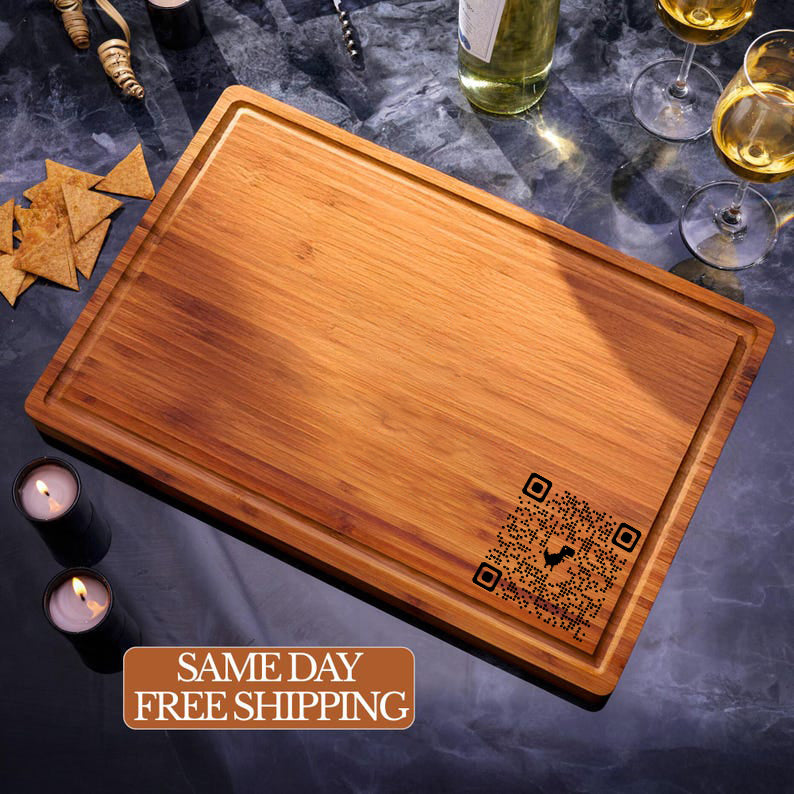
Introduction
When it comes to premium natural materials, olive wood stands out as one of the most remarkable. Loved for its rich history, distinctive grain patterns, and long-lasting durability, olive wood has become a top choice for artisans, chefs, and eco-conscious consumers alike. Whether it is handcrafted into a cutting board, serving tray, kitchen utensil, or a personalized gift, olive wood brings timeless beauty and functionality into everyday life.
In this article, we will explore everything you need to know about olive wood—its origin, unique characteristics, cultural significance, practical uses, and how to care for it. By the end, you’ll understand why olive wood is considered not just a material, but a meaningful connection between nature, tradition, and sustainability.

The History and Origin of Olive Wood
Olive trees (Olea europaea) are native to the Mediterranean region and have been cultivated for thousands of years. They are among the oldest cultivated trees in the world, with some living trees estimated to be more than 2,000 years old. While olive trees are best known for producing olives and olive oil, the wood itself has been equally cherished across cultures.
-
Ancient Civilizations: The Greeks, Romans, and Egyptians all used olive wood for tools, decorative objects, and religious artifacts. In fact, olive wood was often associated with peace, strength, and longevity.
-
Sustainability Aspect: Unlike many hardwoods that require cutting down young trees, olive wood is harvested from old, non-productive olive trees or from branches pruned during the tree’s natural cycle. This makes it an eco-friendly and sustainable choice for consumers today. Explore our olive wood collection for inspiration.
Distinctive Characteristics of Olive Wood
Olive wood is not just another type of hardwood—it has properties that make it truly unique:
-
Rich Grain and Color
Every piece of olive wood is distinct. Its swirling, marble-like grain creates natural patterns that resemble fine art. The colors range from warm golden tones to deep brown streaks, making each piece one-of-a-kind. -
Exceptional Durability
Olive wood is dense and strong, making it resistant to scratches, stains, and odors. This durability makes it ideal for olive wood cutting boards, utensils, and kitchenware that see daily use. -
Natural Oil Content
The natural oils in olive wood provide built-in resistance to moisture and bacteria. This property is especially valuable for eco-friendly kitchenware, as olive wood is naturally more hygienic than plastic or lower-quality woods. -
Eco-Friendly Material
Since olive wood is harvested only from trees that no longer bear fruit, its use supports sustainable forestry and ensures that no healthy trees are unnecessarily cut down. Discover more sustainable options in our olive wood collection.
Popular Uses of Olive Wood
1. Olive Wood Cutting Boards
One of the most popular uses of olive wood is in cutting boards and chopping blocks. A well-crafted olive wood cutting board not only provides a sturdy and durable surface for meal preparation but also adds an element of rustic elegance to any kitchen.
-
Resistant to knife marks
-
Gentle on blades
-
Naturally antibacterial
-
Perfect as both a functional tool and a decorative piece
2. Olive Wood Kitchen Utensils
Spatulas, spoons, and ladles made from olive wood utensils are staples in Mediterranean kitchens. Unlike metal utensils, they won’t scratch non-stick cookware, and unlike plastic, they are safe, natural, and eco-friendly.
3. Olive Wood Serveware and Tableware
Serving trays, salad bowls, and cheese boards made from handmade olive wood gifts instantly elevate dining experiences. They make thoughtful and unique gifts for weddings, housewarmings, or anniversaries.
4. Olive Wood Art and Decor
Beyond the kitchen, olive wood is often carved into religious items, sculptures, and home décor. Its symbolism of peace and longevity adds spiritual and emotional depth to crafted pieces.
Why Olive Wood Makes the Perfect Gift
Olive wood carries not just physical beauty but also emotional value. Giving an olive wood product is like gifting a piece of history and tradition. Each grain tells a story, each piece embodies uniqueness, and the symbolism of peace, love, and resilience makes it a heartfelt present.
Some popular gift ideas include:
-
Engraved olive wood cutting boards with personalized names or messages
-
Olive wood utensils for newlyweds starting their kitchen collection
-
Custom olive wood keepsake boxes for storing jewelry or memories
Caring for Olive Wood: Maintenance Tips
To ensure olive wood products last for generations, proper care is essential:
-
Hand Wash Only – Never put olive wood in the dishwasher. Use mild soap and lukewarm water.
-
Dry Immediately – Avoid leaving olive wood in water for extended periods.
-
Oil Regularly – Rub with food-safe mineral oil or olive oil every few weeks to maintain its shine and prevent cracking.
-
Avoid Extreme Temperatures – Do not expose olive wood to excessive heat, direct sunlight, or very dry conditions.
With proper care, olive wood items can last a lifetime, becoming even more beautiful with age.
Olive Wood and Sustainability
Today’s consumers are more eco-conscious than ever, and olive wood perfectly aligns with sustainable living values. By choosing olive wood:
-
You support responsible forestry practices.
-
You reduce reliance on plastic and mass-produced kitchenware.
-
You embrace a material that is biodegradable, renewable, and timeless.
Conclusion
Olive wood is much more than just a material—it’s a story of heritage, sustainability, and natural beauty. From kitchens to living rooms, from gifts to heirlooms, olive wood adds warmth, meaning, and functionality to everyday life.
If you are searching for a durable, eco-friendly, and uniquely beautiful product, olive wood is an investment worth making. Each piece is a one-of-a-kind creation of nature, ensuring that no two are ever alike.
Whether you’re looking for a cutting board, a set of utensils, or a personalized handcrafted gift, olive wood offers the perfect blend of style, strength, and sustainability.

